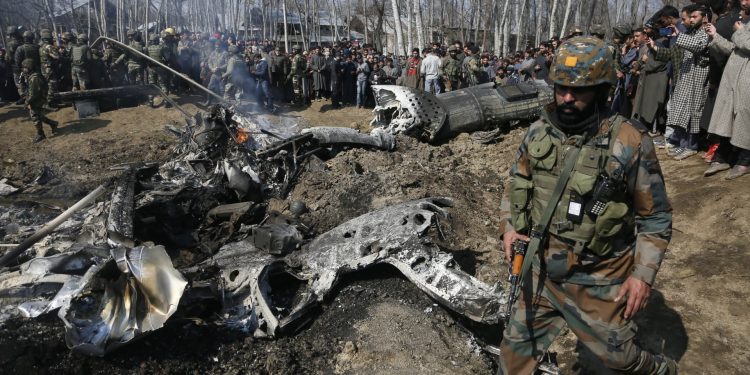By: Kashif Javed
As the world moves forward—colonizing Mars, embracing artificial intelligence, and redefining the future—Pakistan remains stuck in a time warp, perhaps even regressing. It often seems as if we have declared enmity with time itself. The pressing question is: why? Is it something ingrained in our DNA, embedded in our collective psyche, the result of historical decisions, or was the very foundation of our nation built on flawed reasoning?
The idea behind Pakistan’s creation was grand, yet it never truly materialized in a practical sense. The horrors of partition—the bloodshed, the division, and the deep-seated animosities—continue to haunt us. Instead of healing these wounds, we have made a habit of reopening them, occasionally even rubbing salt into them. Some argue that Pakistan was a product of British imperial machinations, while others see it as the realization of a long-cherished Muslim dream. Yet, even today, we struggle to define why we were created and what our true purpose is.
A Nation Built on Artificial Nationalism?
Renowned historian Eric Hobsbawm once remarked, “Nationalism is a fabricated concept, crafted to serve specific political and economic interests.” If we examine Pakistan through this lens, its creation was driven by an artificial nationalism in which religion was weaponized as a political tool. However, this nationalism never evolved into a stable state, largely because it failed to accommodate regional, linguistic, and cultural diversity.
Then comes the issue of our collective mindset. Critical thinking is a rarity; we readily accept whatever we are told without questioning. Logic and reason take a backseat, while emotions dictate our discourse. Any form of dissent is quickly labeled as treasonous—”a foreign agent” or “an enemy of the state.” If someone challenges the status quo, they are either branded an “infidel” or dismissed as being “Westernized.” Carl Popper rightly noted, “An open society is one that tolerates criticism, for without criticism, progress is impossible.”
The Suppression of Dissent and the Illusion of Democracy
Pakistani society has institutionalized the suppression of dissent—whether in religious discourse, political narratives, or the education system. Politics, in particular, is an elaborate performance; democracy here is a mere façade, the economy is on life support, and the elite class treats the entire nation as its personal estate. For the ordinary citizen, it hardly matters who becomes Prime Minister—the script remains unchanged, only the actors are replaced.
Bruce Riedel, a former CIA officer and policy analyst, observed, “Pakistan is a state where democracy has always been constrained by shadowy forces, and this has been its fundamental instability.” When those elected to govern end up plundering the nation, where does one turn?
The Solution is Clear, But Who Will Act?
The solutions are not hidden; they are glaringly obvious. Everyone knows that education needs reform, corruption must be eradicated, and democracy must be strengthened. The real question is: who will take responsibility? No one. Because everyone believes, “I am fine; it’s the others who are at fault.” This is the tragic mindset that defines us.
A teacher is content with rote learning, a politician is satisfied as long as he is filling his coffers, and an average citizen, given the chance, will cheat his way to personal gain. When dishonesty becomes a way of life at every level of society, how can a country hope to prosper?
Can Pakistan Ever Learn From Its Mistakes?
The fundamental question remains: can we ever learn from history? Friedrich Nietzsche famously warned, “Those who do not acknowledge their past are doomed to repeat it.” Pakistan’s problems are not the result of foreign conspiracies; they stem from our own collective decisions and thought processes. Yet, we refuse to learn.
Instead of confronting our own failures, we remain obsessed with external enemies and imagined plots against us. While other nations are advancing, we continue to place our hopes on empty slogans—InshaAllah, MashaAllah, Allah Khair Karega—as if blind faith alone can rescue us from the abyss.
Note: The “Qalam Club” does not necessarily agree with the personal views of the authors













